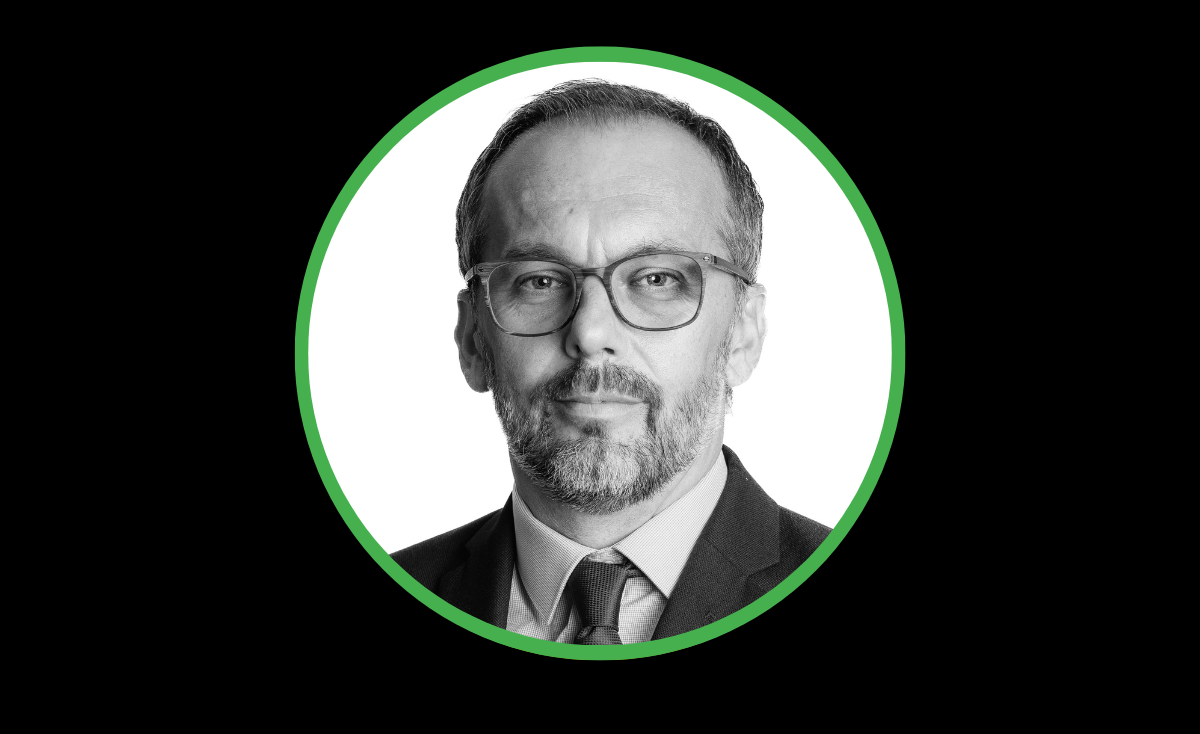What is the future of investment operations in a fee-compressed world?
Igor Bosnjak, Global Head of Investment & Data Operations, Russell Investments, shares his views on building the business case for new models to drive growth and innovation in a fee-compressed world.
Andrew Putwain POSTED ON 7/17/2023 8:00:00 AM
 Igor Bosnjak, Global Head of Investment & Data Operations, Russell Investments.
Igor Bosnjak, Global Head of Investment & Data Operations, Russell Investments.
Andrew Putwain: Fee compression poses challenges to profitability. What do you think can help mitigate these challenges whilst still delivering value to clients and stakeholders?
Igor Bosnjak: Asset managers and clients are facing economic pressures, and we manage our processes to ensure that every single basis point is accounted for.
This means that our operating model is constantly evolving – and we invest a lot of time and resources to ensure we have the right combination of people, processes, and technology to deliver scalable portfolio and trading solutions. We’re always looking for opportunities to optimise internal processes, automate repetitive tasks, and leverage technology. The goal is reducing operational costs.
Our global operating model is to “follow the sun”. It’s really our backbone and means we can take advantage of what we have from our presence in different regions in leveraging talent and innovation to drive scale. We need the right combination of people, processes, and technology to deliver scalable portfolio and trading solutions.
Andrew: Is driving growth the key to overcoming these fee pressures? Or are there other ideas?
Igor: We’re mainly focused on traditional growth – which we want to achieve by innovating our operational approach.
"We see the importance of bringing the front and back officers together to promote knowledge sharing, collaboration, and modernisation."
One of the ways we do so is by prioritising quality over quantity. We see the importance of bringing the front and back officers together to promote knowledge sharing, collaboration, and modernisation. This, in turn, will enable us to accommodate more innovative future solutions. For example, one of our renewed focuses is streamlining the middle office operations, administration, and risk reporting to give more comprehensive solutions.
Andrew: From a data point of view, what are the challenges and opportunities around new models and strategies?
Igor: Our industry adapts slowly, and with digital tools we still see a heavy reliance on things like email, or multiple file exchanges. Newer tools like cloud-based technology and application programming interfaces (APIs) are not fully utilised.
So, we strive to be a more tech-enabled institution – and one of our main objectives is to digitalise end-to-end processes, which means investment data for portfolio managers and clients will be processed faster.
"Most providers struggle to adequately support larger asset managers – which then means there is a greater need for in-house development and an increase in operational complexity."
Data issues are common and well-documented. Like our peers, it’s important to use that we work on modernising our data structure. Oftentimes, convoluted processes are the result of a lack of truly versatile multi-asset solutions – so we want to remedy this issue.
Also, fintech providers tend to compartmentalise their offerings, which means that integration between multiple vendors rarely happens seamlessly. Most providers struggle to adequately support larger asset managers – which then means there is a greater need for in-house development and an increase in operational complexity.
Andrew: In the wider operations sphere, what future models or trends do you see potentially impacting the operations space – and how can firms build a business case to adopt these new strategies?
Igor: We’re aiming to create long-term solutions, and our observations are that clients and vendors are both trying to eliminate purely transactional relationships. We all want partners that can provide comprehensive solutions.
"My objective is to ensure these things can be offered on a standalone basis, or as a fully integrated front-to-back solution."
This means it’s key that our operating model offer multiple layers of services – including an Outsourced Chief Investment Officer (OCIO), Fund Platform Services, and Privates and Transactional Services. My objective is to ensure these things can be offered on a standalone basis, or as a fully integrated front-to-back solution.
We’re also evaluating complementary solutions and tech capabilities, which means focusing on governance and risk to make sure we listen to our clients and deliver standardised, integrated solutions. That’s the main thing.
Andrew: The regulatory environment is constantly changing, so what should Chief Operating Officers prioritise to ensure compliance and adaptability are present whilst also balancing fee pressure and future innovation/growth?
Igor: Modernising operating models – and better integrating end-to-end solutions – will ultimately address both the concerns of clients and regulators, I think.
We are so often overwhelmed with potential solutions to regulatory requirements, and yet we have yet to find a single tool (or even a combination of tools) that is capable of effective integration within our ecosystem. There are interesting solutions out there, but few have access to metadata, which we need to deliver specific regulatory requirements. This in turn means we need to develop supplementary processes internally to have a complete solution.
"Commercial restrictions – like data licensing – are big obstacles for fintech solutions. We need [ones that are] more agile, more scalable, and more cost-effective."
Commercial restrictions – like data licensing – are big obstacles for fintech solutions. We need more agile, more scalable, and more cost-effective solutions. So, an organisation that is able to achieve this will be best positioned to deliver sustainable outcomes in the long run.
Igor Bosnjak will be speaking the Fund Operator Summit | Europe 2023 on 19 September in London on the topic of “The future of investment operations: Exploring and building the business case for new models and strategies to drive growth and innovation in a fee-compressed world”.
For more information, including how to register, please click here.
Please Sign In or Register to leave a Comment.
SUBSCRIBE
Get the recent popular stories straight into your inbox




